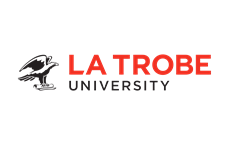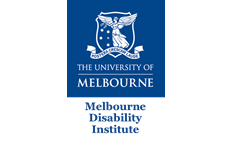Adapting Experience-Based Co-Design for Disability Research
- Published
- Thursday, May 8, 2025 - 12:00 PM
Our team was interested in making a new cycling program called CycLink in collaboration with people with lived experience of disability.
We thought co-design would be a helpful way to collaborate, however, we felt current co-design processes would need adaptations to work online, involve young people and focus on intervention design.
We engaged early with consumers, who told us they wanted to be involved in both doing the research and co-designing CycLink.
This reflective account focuses on the broader process of doing our research (i.e. co-production). We invited three people with lived experience of disability to join our team as co-researchers.
Co-researchers helped us:
- plan our study (e.g. decide on study design and choose research materials)
- do our co-design (e.g. make decisions as a steering group and interpret findings)
- report on our study (e.g. write up findings in the paper and reflect on factors that research easy or challenging to do)
Our co-researchers reported they sometimes felt like advisors. They would have liked more opportunities to undertake significant roles like interviewing participants or analysing data. However, they noticed a 'person-centered' influence on the study and valued the acquisition of new research skills.
We shared our co-design process and research materials to help support others adapt co-design to their context and involve co-researchers in future co-design.
Carey JJ, Spittle A, Imms C, Shields N, Wallen M, O'Keefe F, Yates MJ, Skilbeck H, Toovey R. Adapting Experience-Based Co-Design to Disability Research: Co-Producing the CycLink Co-Design Study. Health Expectations. https://doi.org/10.1111/hex.70276













